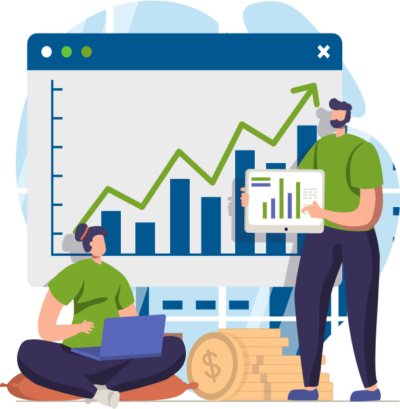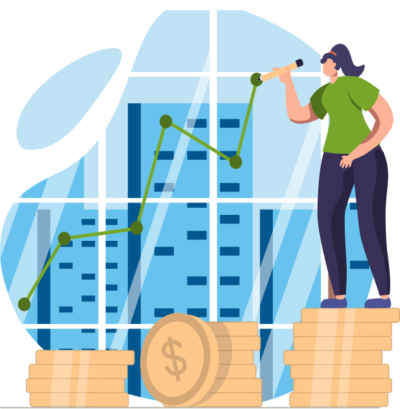What is Commodity Market?
- Commodity markets are markets where raw or primary products are exchanged.
- It covers physical product (food, metals, and electricity) markets but not the ways that services, including those of governments, nor investment nor debt, can be seen as a commodity.


History of Commodity Market?
- Modern Commodity Market has their roots in the trading of agricultural products.
- Wheat and corn, cattle and pigs, were widely traded using standard instruments in the 19th century in the United States.
- Historically, in ancient time’s Sumerian use of sheep or goats, or other peoples using pigs, rare seashells, or other items as commodity money, have traded contracts in the delivery of such items, to render trade itself more smooth and predictable.
But you need to have your basics clear. Unless you do….you will be wasting your time and losing money. You need to be crystal clear of each and every aspect of Investments, stock options, Stock Trading, Company, Shares, Dividend & Types of Shares, Debentures, Securities, Mutual Funds, IPO, Futures & Options, What does the Share Market consist of? Exchanges, Indices, SEBI, Analysis of Stocks – How to check on what to buy?, Trading Terms (Limit Order, Stop Loss, Put, Call, Booking Profit & Loss, Short & Long), Trading Options – Brokerage Houses etc.
List of Traded Commodity


What are Commodity Futures?
- A Financial Contract
- The underlying commodity is bought or sold at a future date
- A tool used by Investors, Hedgers, Arbitrageurs, Day Traders
- Commodity and Futures contracts are similar as “Forward” Contracts.
- Early days “future” contracts were used as a way of getting products from producer to the consumer.
- These typically were only for food and agricultural Products. Now it is used for every metal.
- Future contract for commodity trading and for share trading is all different from one another.
Why Futures Trading in Commodity?
- Portfolio diversification and risk management
- Additional investment opportunity
- Low cost business
- No Transportation, storage, insurance, security charges
- Low Margins – High leverage
- Intrinsic value of the commodity
- Domain knowledge of industry
- Hedging/ Arbitrage


